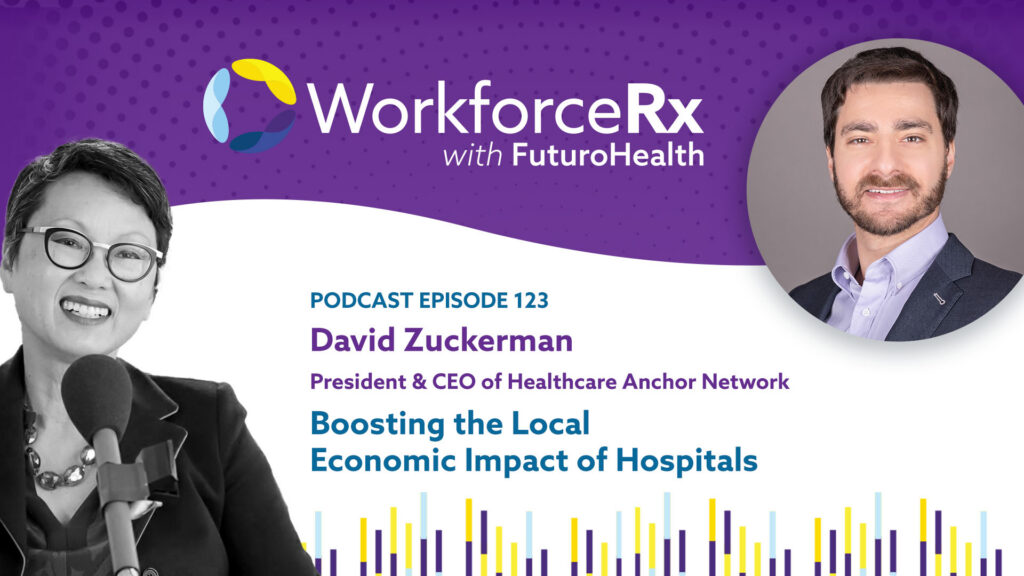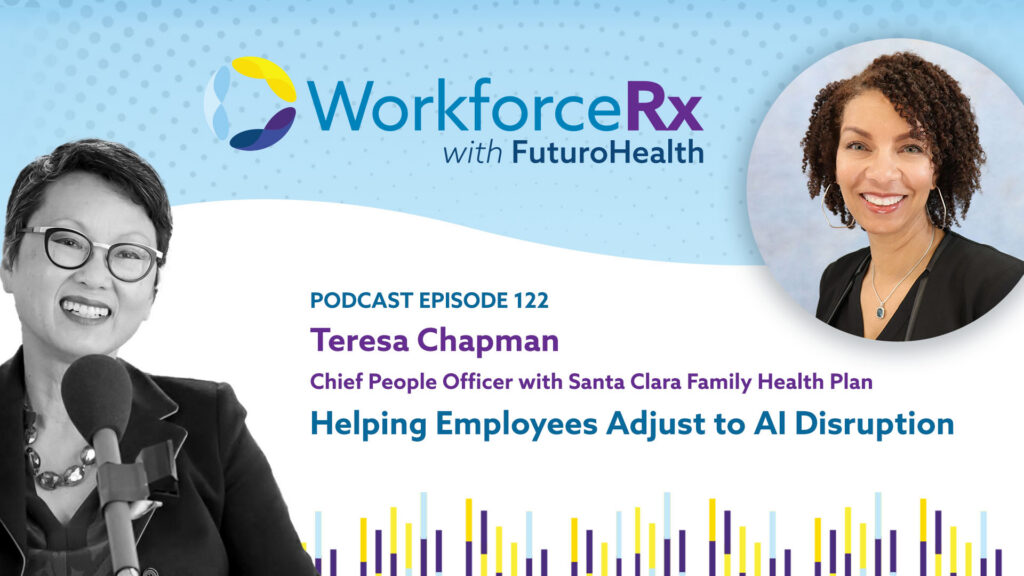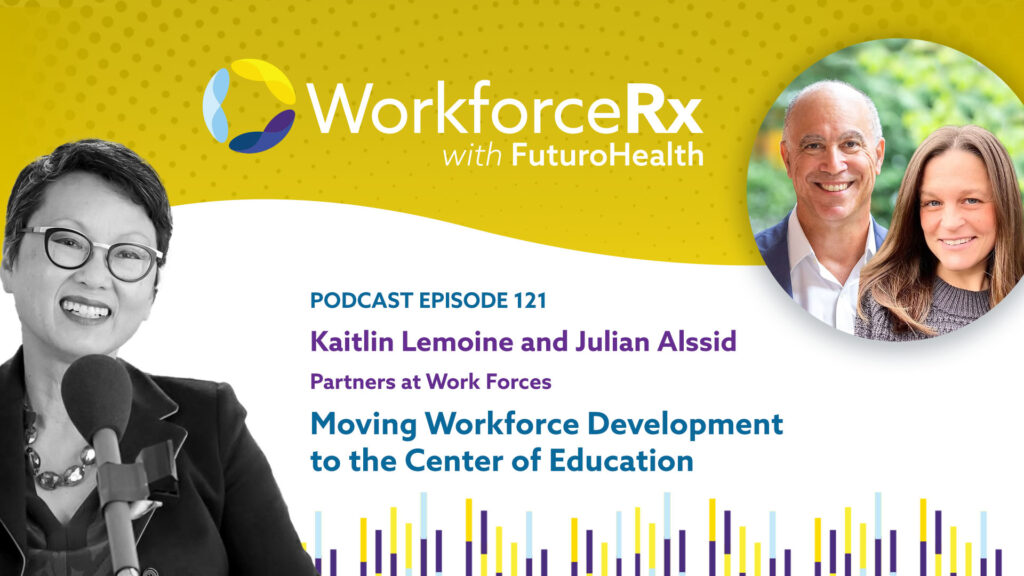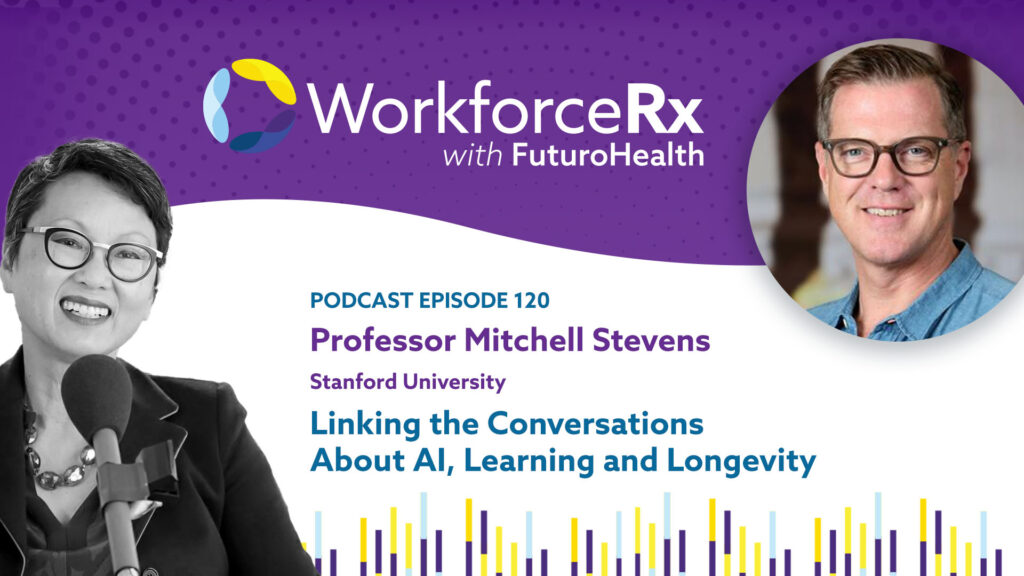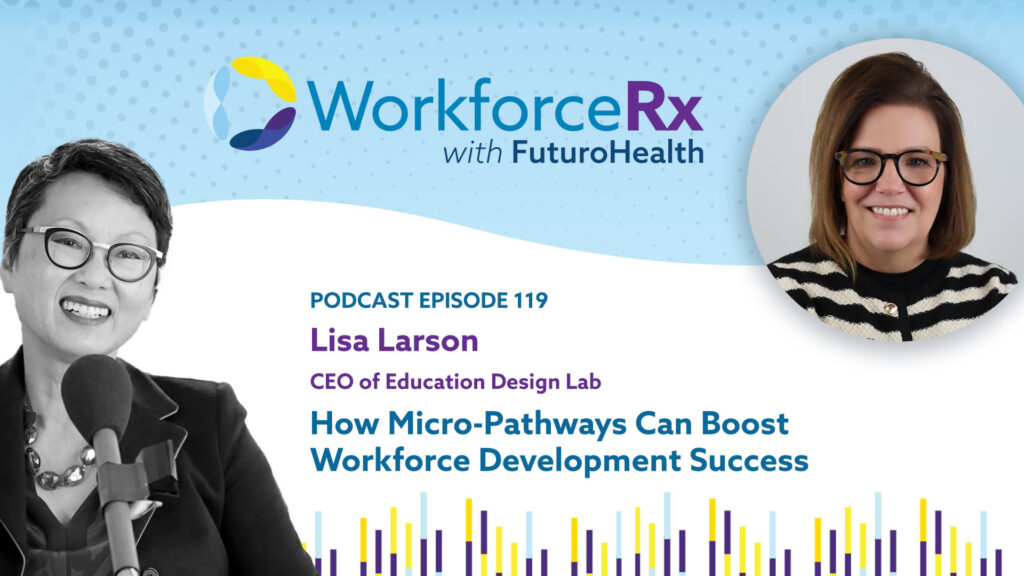WorkforceRx
Please direct media inquires to: media@futurohealth.org
PODCAST ARCHIVE
There has never been a stronger need for workers to adapt. To keep up with the speed of change, we must be prepared to shift into new job roles and pick up new skills. Traditional approaches no longer suffice. Futuro Health CEO Van Ton-Quinlivan interviews future-ready leaders in education, workforce and healthcare, who explore new innovations and approaches. We will need to draw on our collectively ingenuity to uncover ways to develop work, workers, and economic opportunity.

